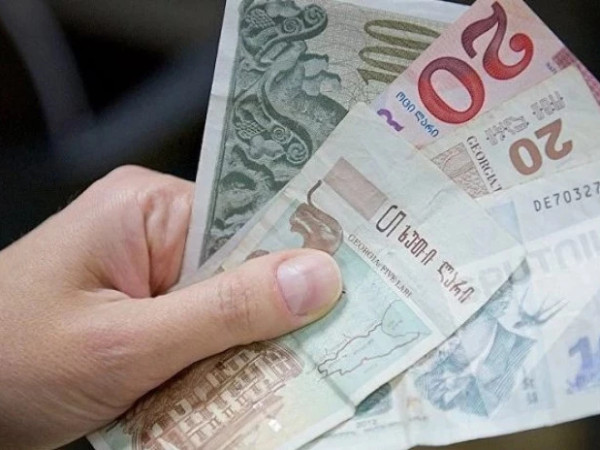STIM, the music rights organization representing over 100,000 songwriters, composers, and music publishers, collaborated with AI companies to develop this new license. The system enables AI models to be trained using copyrighted works while ensuring royalties are paid to creators. “This is not merely a commercial initiative, but a blueprint for fair compensation and legal certainty for AI companies,” said Lina Heyman, Acting CEO of STIM. The license demonstrates how technological disruption can be embraced without compromising human creativity.
The surge in generative AI use has sparked global debate. Many musicians have taken legal action against AI companies for using their works without authorization. According to CISAC (Confederation of International Societies of Authors and Composers), without clear regulation, songwriters’ income could decline by up to 24% by 2028. The AI license provides a solution to protect creators’ livelihoods while ensuring the long-term sustainability of the music industry.
Sweden continues to assert its position as an innovation leader in the music industry, having previously been the first country to regulate major platforms like Spotify and TikTok. The AI license also includes AI-based tracking technology, allowing every work to be traced and royalty payments to remain transparent. This system minimizes potential conflicts between creators and technology companies.


















